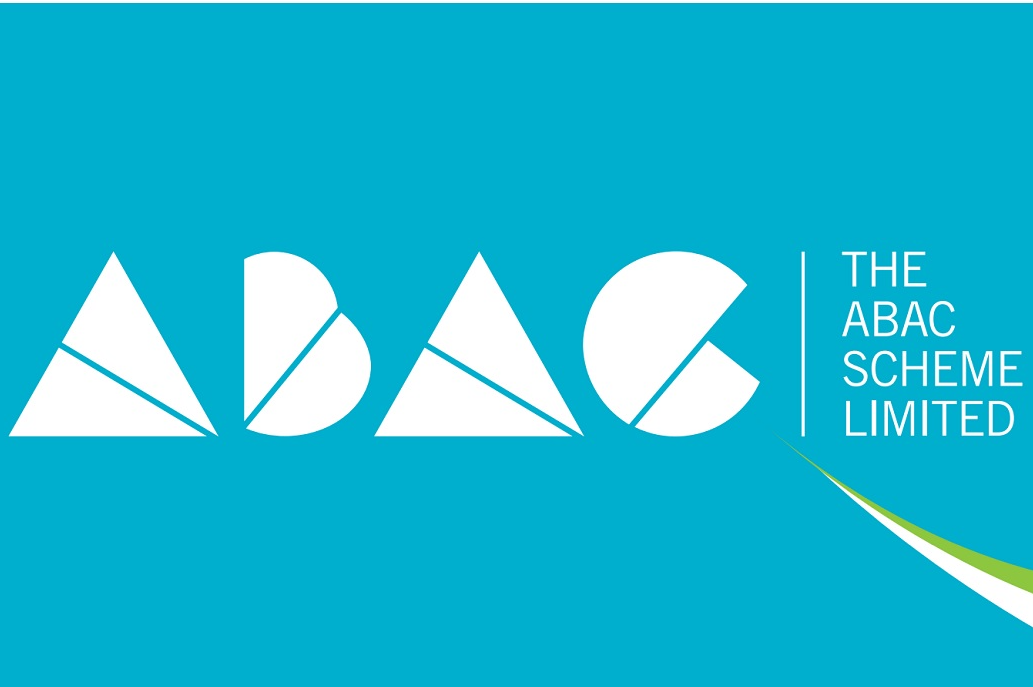In its third quarterly report for 2024, the Alcohol Beverages Advertising Code (ABAC) has announced the undertaking of a major audit to assess the alcohol industry’s compliance with the regulatory obligation to age restrict social media accounts.
To reduce the exposure of minors to alcohol marketing, it is a requirement that marketers of alcohol and alcohol alternative products apply age restriction controls to social media accounts, with the audit set to focus on Instagram, Facebook and YouTube.
As part of the ABAC’s regulatory strategy, the audit will be randomised and conducted by an independent research firm to review the social media accounts of producers and retailers, including signatories and non-signatories to the ABAC Scheme.
ABAC Chair Tony Smith said: “In 2022, the first ABAC audit of compliance with age restriction controls showed good overall compliance levels but identified room for improvement, including better resources for industry in navigating the different systems of the social media platforms.
“In response, ABAC developed a set of industry checklists that provide helpful links on how to apply age restrictions. We strongly encourage all alcohol and alcohol alternative marketers throughout the industry to self-audit all of their brand social media accounts now.”
Smith also highlighted several areas of concern that resulted in breaches of ABAC Code standards, including the following:
- Suggesting alcohol offers health benefits or overcomes problems, which attracted the most Code breaches
- Including minors, or young adults in alcohol marketing
- Creating strong or evident appeal to minors by association with non-alcoholic products or flavours
- The promotion of alcohol consumption beyond Australia’s recommended guidelines
- Not observing time of day restrictions for product placement
Smith added: “ABAC offers a wide range of resources including a free one hour online training course, interactive in-house training workshops and pre-vetting advice which remains the most effective means of reducing the risk of a panel breach.”

